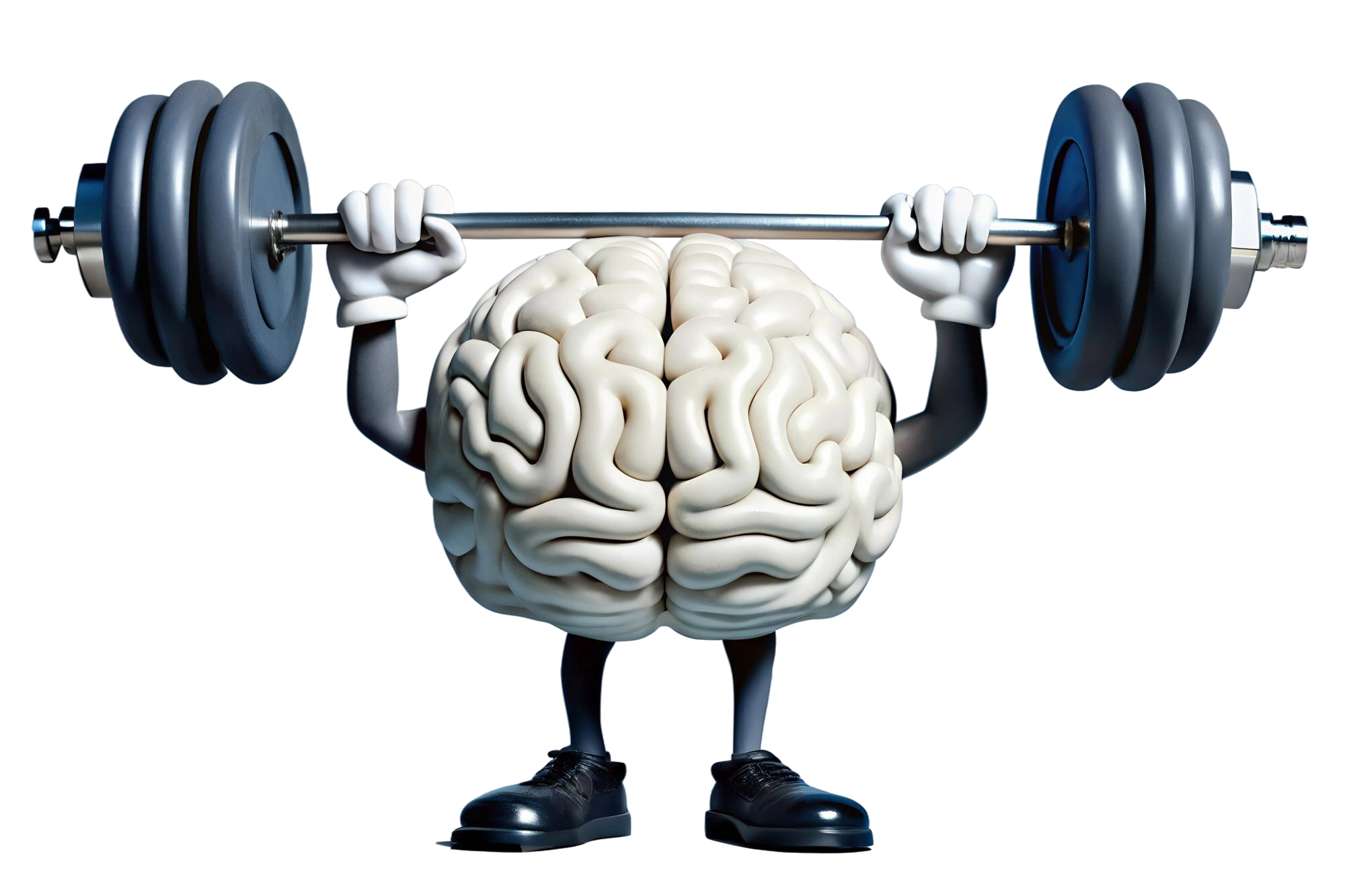This Habit Has Transformed My Memory.
We’ve all had those moments where we walk into another room and space out on why we went there. Then, as soon as we go back to where we started, the purpose pops right back into our minds. While that kind of forgetfulness has its own tricks—like saying your intention out loud as you walk through the door—that’s not the kind of memory issue I’m tackling today.
This one’s a little different, and I’m willing to bet the price of a cup of coffee you’ve run into it too:
Forgetting something important you just read.
Maybe it's something you genuinely want to learn or need for work or school. Perhaps you're reading a chapter in a book and can’t understand why none of it sticks. I’ve been there plenty of times, so let me start with a bit of context that might help you feel more at ease.
A 2017 study in the UK found that adults aged 67 to 88 remembered only about 10% of the information they read silently—but when they were shown the same information again, they recognized about 60% of it. Younger readers (ages 7-10) recognized approximately 70%. So the gap isn’t nearly as big as many people assume. Recognition is easy. Recall is the real challenge.
Fortunately, recall can also be trained.
Start with a simple boost
Here’s the first easy win:
Read out loud.
In that same study, reading aloud increased recall from 10% to 27% for the older adults. That’s nearly triple the improvement without changing anything except how you read. Oddly enough, something that helps with recall is reading out loud in a voice other than your own, and if you read in multiple voices, it helps even more, but that’s active learning for you.
But 27% still feels low to you. Fair enough. If you want to remember significantly more, you can, and it’s just a little more work (okay, maybe more than a little at the start, but it is worth it).
The method that actually works
Here’s the process I use, and it has changed the way I remember what I read:
1. Read a small section.
Five to ten minutes is plenty. Long enough to get ideas flowing, short enough to avoid overload.
2. Close the book and write down everything you remember.
Not the “big stuff.”
Not the “main idea.”
Everything, I mean everything. Don’t stop until the kitchen sink is on the page.
You have to push yourself. When you think you're done, you're probably not. Run through the alphabet, think about the overall topic, or recall key terms you already wrote down, and think of any synonyms that might have been part of the reading. Anything that nudges your brain back into the material is fair game. Don’t go through it once or even twice and think you're done; three times is the bare minimum, but more is better. This is a mental workout; get your money’s worth.
3. Go back and review the section.
Skim or re-read, do what feels right to you. The point is to compare what you remembered with what was actually there.
4. Now turn it into a story.
Not a fairy tale, just a narrative that makes sense to you. Link the ideas together so you can repeat them later. This doesn’t have to be Pulitzer Prize-worthy; just something you can remember. Give it enough context so you can keep the information in your brain.
5. Use spaced repetition.
Retell the story to yourself every few days, then stretch out the intervals. Weeks. Months. Whatever fits.
This combination of active recall, personal narrative, and spaced repetition is almost unfair in its effectiveness. It's the kind of memory that sticks; even if someone were launching you out of a cannon, you’d still be able to recite your story on the way down.
Why this works
Silent reading is passive.
Active recall is interval training.
When you sit down and do the memory work on your brain, you’re training new neural pathways in your long-term memory. The kind of memory that doesn’t come with an expiration date, and we haven’t found the size limit on our personal hard drives yet. So we might as well keep adding new info to it.
Give it a try
It may feel time-consuming the first couple of times, but once you see how much more you retain, and how much easier it becomes to use what you’ve read, you’ll realize it’s worth every bit of effort.





